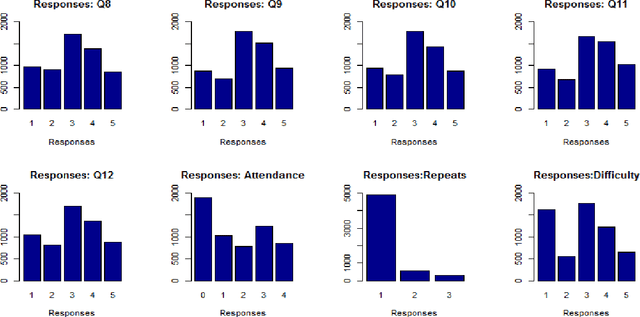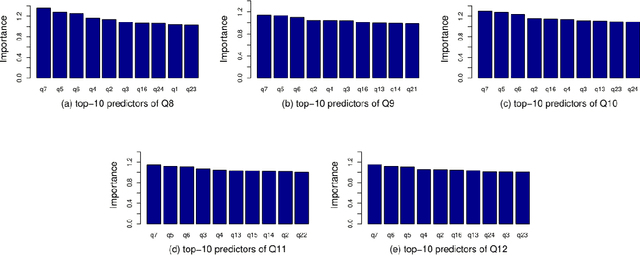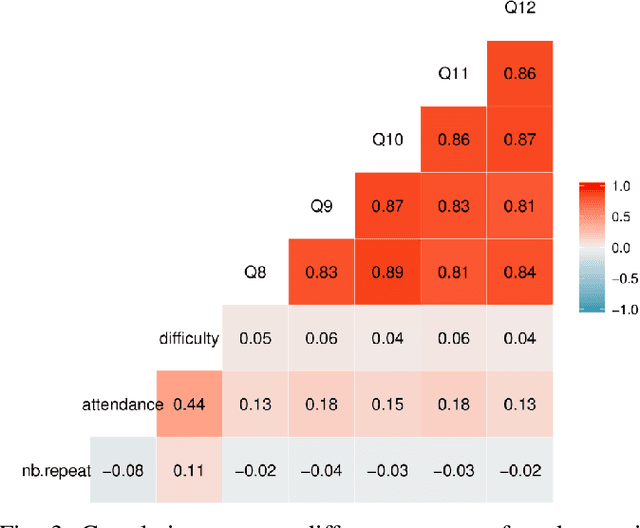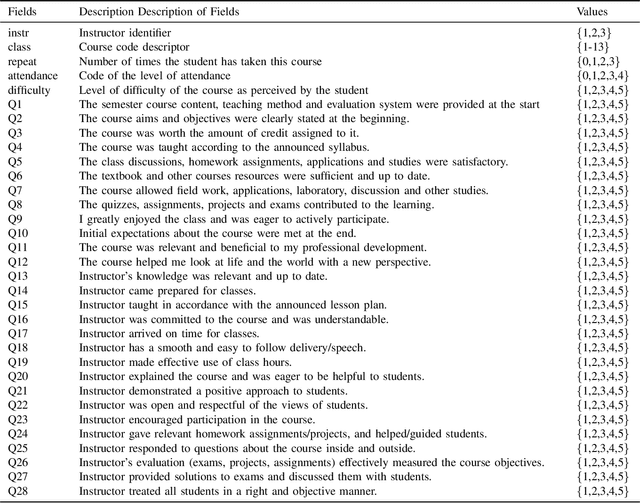Margaret Hamilton
Solar Power Time Series Forecasting Utilising Wavelet Coefficients
Oct 01, 2022



Abstract:Accurate and reliable prediction of Photovoltaic (PV) power output is critical to electricity grid stability and power dispatching capabilities. However, Photovoltaic (PV) power generation is highly volatile and unstable due to different reasons. The Wavelet Transform (WT) has been utilised in time series applications, such as Photovoltaic (PV) power prediction, to model the stochastic volatility and reduce prediction errors. Yet the existing Wavelet Transform (WT) approach has a limitation in terms of time complexity. It requires reconstructing the decomposed components and modelling them separately and thus needs more time for reconstruction, model configuration and training. The aim of this study is to improve the efficiency of applying Wavelet Transform (WT) by proposing a new method that uses a single simplified model. Given a time series and its Wavelet Transform (WT) coefficients, it trains one model with the coefficients as features and the original time series as labels. This eliminates the need for component reconstruction and training numerous models. This work contributes to the day-ahead aggregated solar Photovoltaic (PV) power time series prediction problem by proposing and comprehensively evaluating a new approach of employing WT. The proposed approach is evaluated using 17 months of aggregated solar Photovoltaic (PV) power data from two real-world datasets. The evaluation includes the use of a variety of prediction models, including Linear Regression, Random Forest, Support Vector Regression, and Convolutional Neural Networks. The results indicate that using a coefficients-based strategy can give predictions that are comparable to those obtained using the components-based approach while requiring fewer models and less computational time.
Mining Student Responses to Infer Student Satisfaction Predictors
Jun 14, 2020



Abstract:The identification and analysis of student satisfaction is a challenging issue. This is becoming increasingly important since a measure of student satisfaction is taken as an indication of how well a course has been taught. However, it remains a challenging problem as student satisfaction has various aspects. In this paper, we formulate the student satisfaction estimation as a prediction problem where we predict different levels of student satisfaction and infer the influential predictors related to course and instructor. We present five different aspects of student satisfaction in terms of 1) course content, 2) class participation, 3) achievement of initial expectations about the course, 4) relevancy towards professional development, and 5) if the course connects them and helps to explore the real-world situations. We employ state-of-the-art machine learning techniques to predict each of these aspects of student satisfaction levels. For our experiment, we utilize a large student evaluation dataset which includes student perception using different attributes related to courses and the instructors. Our experimental results and comprehensive analysis reveal that student satisfaction is more influenced by course attributes in comparison to instructor related attributes.
 Add to Chrome
Add to Chrome Add to Firefox
Add to Firefox Add to Edge
Add to Edge